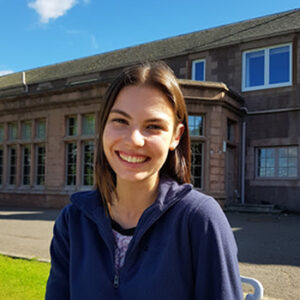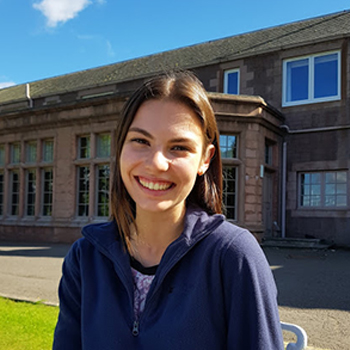 I found it really tricky choosing which intercalated degree I wanted to do, especially as I wasn’t really sure what speciality I would like to go in to (I still have no idea). After enjoying the neurology module in second year, particularly the bits on cognition, I decided to go for neuroscience.
I found it really tricky choosing which intercalated degree I wanted to do, especially as I wasn’t really sure what speciality I would like to go in to (I still have no idea). After enjoying the neurology module in second year, particularly the bits on cognition, I decided to go for neuroscience.
The first few months of intercalation were quite overwhelming – the teaching and assessment style were so different to the MCQs I was used to. It took a few months to settle in. Once I got to grips on how some of the experimental techniques work, it made lectures a bit easier to follow as I had a little bit more understanding of what was going on.
At the start of the year, I was quite anxious at the thought of writing a scientific essay or doing a presentation on a research paper – I think this came from not knowing what to expect but also the added pressure of being under the impression (incorrectly) that everyone else were already experts at this and that they would expect us to be too.
Having formative assessments gave me the chance to learn these skills and get more familiar with the assessment style so that it became much less overwhelming than I had first made it out to be. Being able to critically appraise research papers along with gather and amalgamate research into an essay/review format are skills that I learnt throughout the year that I know will benefit me in my future career in medicine.
I think as a younger student you are often told that intercalation is a chance for a more relaxed year. I’m not sure I’d describe it as more relaxed; it was hard work but in a different way to Medicine. Having to learn and apply different skills made it challenging, but there was much less to try and remember and I had less timetabled hours. I think intercalation allows you to really explore a subject in depth which you often do not get the time to do in Medicine and I enjoyed the freedom of being able to pick my own electives and dissertation topic.
It was inspiring and fascinating to be taught by experts in the fields and immersed in all the research happening within Edinburgh. My advice for younger students would be to choose a subject that you do have a real interest for as that will make it much more enjoyable. Go into the year knowing that it may take some time to adjust, make the most of any opportunities that come your way, and take some time to enjoy being away from Medicine.



